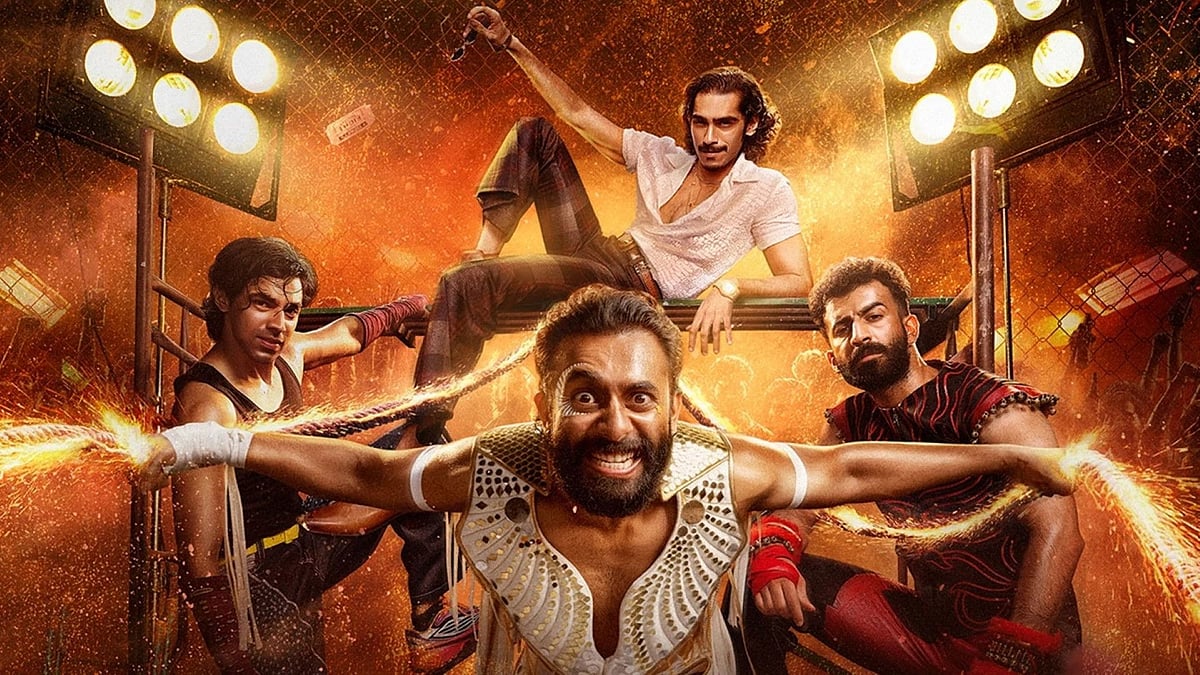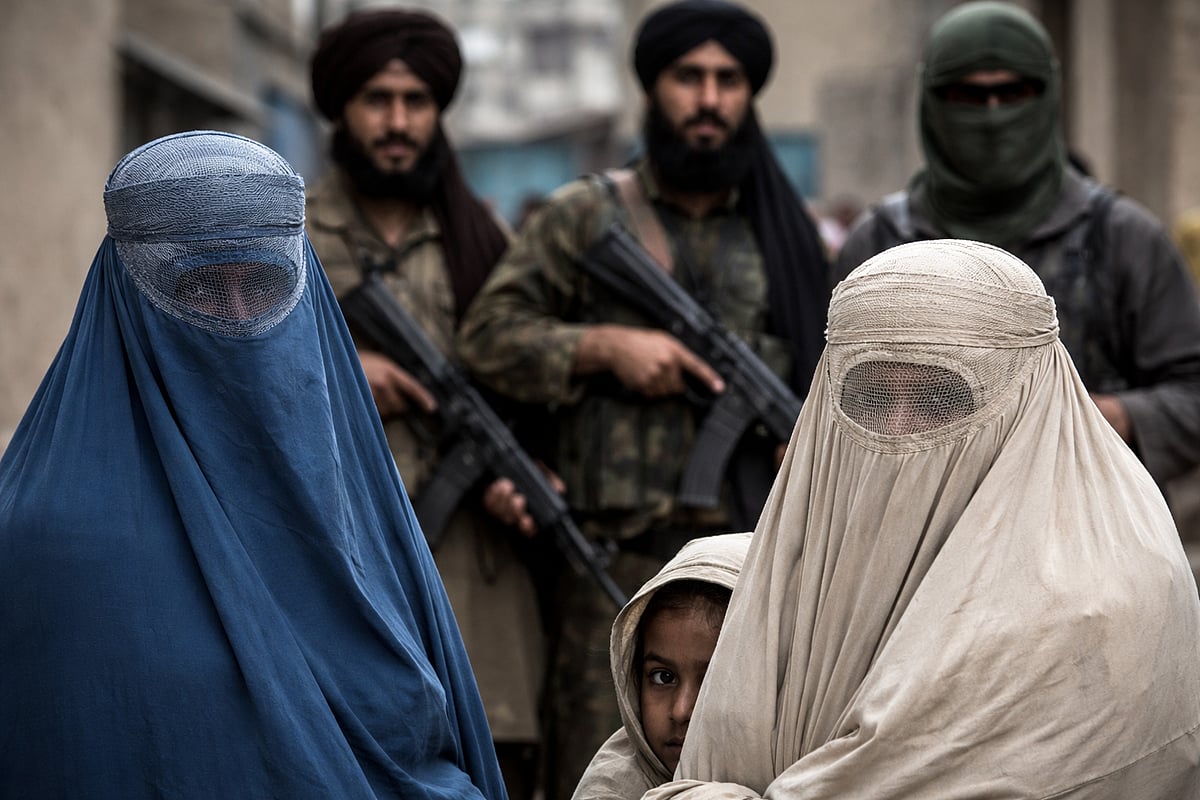The election of the Congress President by secret ballot is a welcome development. The election was far from perfect. However, even a flawed internal election is a step forward. After decades of oligarchic control, it will take time and effort to institutionalise genuine internal democracy in parties.
Since its inception in 1885, the Congress had a remarkable history of internal democracy. In the 63 years until 1947, it had 61 presidents. True, most of the presidents were chosen by consensus and care was taken to give voice to all regions of India and all sections of the population. The high-voltage contest in 1939 between Subhas Chandra Bose and Pattabhi Sitaramaiah was an exception. Despite Gandhiji favouring Mr Sitaramaiah, Mr Bose won; but he was forced to resign as the Working Committee refused to cooperate with him.
After Independence, in most years until 1978, the dominance of Jawaharlal Nehru and Indira Gandhi ensured the ‘unanimous’ election of the party president nominated by them. After the Congress split in 1978, once the Indira Congress was formed, all pretensions were given up. There were 22 Congress presidents from 1940 to 1978. Since 1978, Gandhi-Nehru family members were Congress presidents for a period of 37 years. The only interregnum was the seven-year period (1991-98) after Rajiv Gandhi’s tragic assassination, when PV Narasimha Rao and Sitaram Kesri headed the party. Given this history, even an imperfect election is a huge sign of progress.
The Congress is not alone in oligarchic or family control. Almost all parties in India have degenerated into private estates and family fiefdoms. Only the BJP and the Communist parties choose their leaders by some democratic process, mostly by consensus. All parties without exception are tightly controlled by oligarchies, often nominated, not elected.
Political parties are the arbiters of politics and the nation’s fate. They exercise enormous influence on public discourse. They drown all other voices and occupy endless media space and time. They have a direct impact on public policy, state action, legislation and governance. Their agitations paralyse our economic and social life. They seek our vote, and through it the power to control our lives; once in power, they are the custodians of our tax money and decide how to spend it.
Parties are the only viable platforms for citizens’ political participation. They recruit and train members, and eventually their members form and lead governments. They propose policies and programmes, and implement them in power. And yet, parties in India function without any accountability, transparency or internal democracy.
Parties nominate candidates for elective office. In our electoral system, only candidates of major recognised parties matter in the contest. Most often the contest is between the two leading parties. And yet, the members of the party or people have no role in choosing party candidates for elective office. Once elected, thanks to the Tenth Schedule (anti-defection provisions), the elected members are entirely under the thumb of party leaders. Even on matters not affecting taxation, budget or the government’s survival, or in the upper houses which have no control over the money bills or the government’s fate, the elected legislators have to follow the leader’s diktats disregarding national interest or public good. The passage of the Muslim Women’s Bill against the wisdom of MPs to neutralise the Supreme Court verdict in the Shah Bano case and the failure of the only impeachment of a judge to be taken up by Parliament so far were possible only because of the inviolable party whip. Both instances led to grievous consequences for Indian society, polity and rule of law.
In all mature democracies parties are democratically managed. In the U.S., party candidates for elective office at all levels are chosen by members by a system of primary elections, mostly by credible, secret ballot, rarely by consensus. The elected candidates are de facto leaders of the party. There is no whip and elected legislators vote in the light of their judgment, not the party whip. Expulsion from parties for dissent is unheard of.
In Britain, Boris Johnson was recently replaced by Liz Truss as Prime Minister, and Ms Truss herself has lost her leadership position now. In all cases leaders are elected by transparent rules, either by MPs or by MPs and party members, through secret ballot. MP candidates of the party, in turn, are chosen by the elected delegates of the constituency party, not by the ‘high command’. Party leaders in Germany are elected by members through secret ballot, and candidates for elective office are chosen by the party members’ vote.
Even in some of the emerging democracies parties are far more democratic and member-controlled than in India. I monitored the December 1992 presidential and parliamentary elections in Kenya as a member of the Commonwealth Observers Group. Kenya was ruled for 24 years from 1978 by the dictator-president Daniel Arap Moi. Kenya, which became a republic in 1964, did not have regular elections or democratic institutions until 2002. Despite that, they instituted primary elections in parties for choosing candidates for elective office. As a result, the son of the President was defeated in the primary election for choosing a party candidate for parliament.
Many of us in India are justly proud of our democratic credentials. But in some respects we are far behind global norms, and stagnating. Party management is one such area. The election of the President of India’s oldest party will hopefully be followed up by credible organisational elections at all levels. It will build pressure on all other parties to practise genuine internal democracy. The BJP has so far successfully, and rightly, attacked the dynastic culture of the Congress. The BJP also will now be compelled to strengthen its democratic practices and hold real elections by secret ballot at all levels, and choose its candidates by a transparent, democratic process. Only when parties are transformed will they attract the best talent and facilitate the rise of competent leaders by rational and ethical means.
Article 21 of German Base Law recognises that political parties participate in the forming of the political will of the people, and stipulates that their internal organisation must conform to democratic principles, and they must publicly account for the sources of their funds. Internal functioning is regulated by federal legislation in Germany. We need to make our political parties democratic, transparent and accountable. Undemocratic parties cannot run a vibrant, modern democracy.
We also need to genuinely empower local governments so that talented leaders can transform our cities and towns, instead of waiting for a few crumbs of office granted by party bosses. Political parties are too important to be left at the mercy of families or oligarchies. Once we democratise parties, we can build consensus on reforms to eliminate the role of illegitimate and unaccounted money power in our election process. We need to transform our politics if we are to sustain a high growth rate to fulfil our potential and give the next generation real opportunity and dignity. Nineteenth-century politics and twenty-first-century economy cannot go together.
The author is the founder of the Lok Satta movement and Foundation for Democratic Reforms. He can be contacted at drjploksatta@gmail.com




